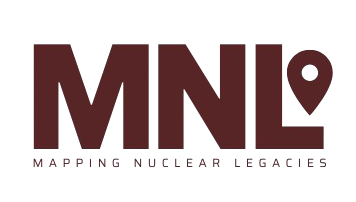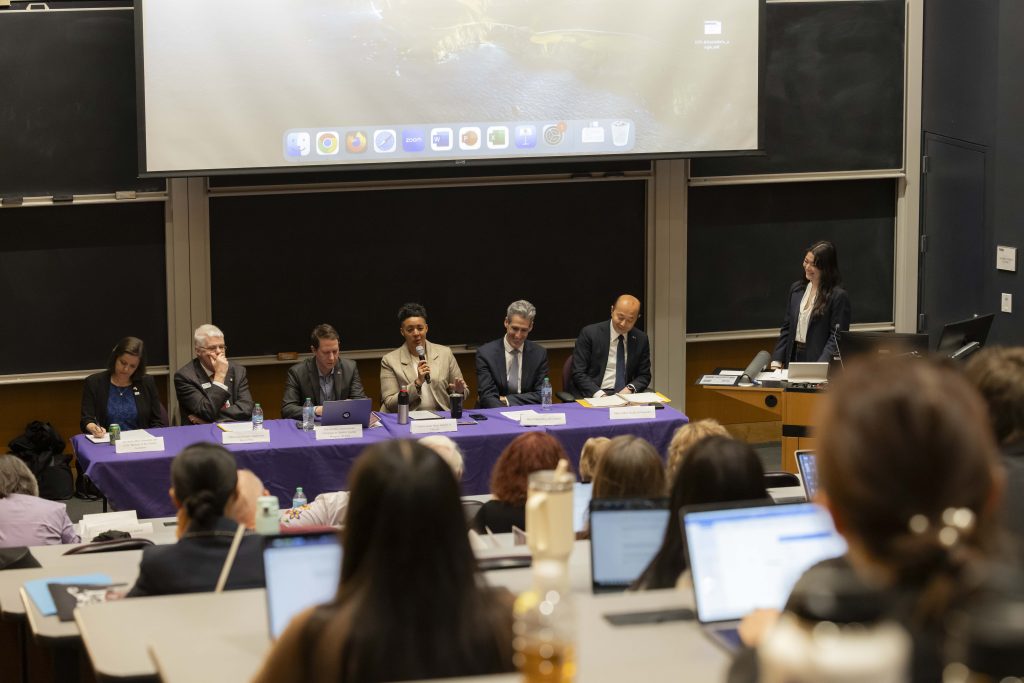Co-sponsored by the Bulletin of the Atomic Scientists, East Asia Research Forum, and CNAIR

This two day symposium explored nuclear disarmament, peace-promoting practices, the unique roles that cities are engaging with nuclear weapons, and nuclear justice efforts. Mayor Shiro Suzuki of Nagasaki presented a lecture on May 1, followed by two high-profile guest panels on May 2 that discussed the role of cities in nuclear policy and security, as well as intergenerational nuclear justice.
Posts
Intergenerational Nuclear Justice
By Avery Blaszak
This panel centered on the intergenerational and intersectional effects of nuclear weapons development, testing, and deployment. In particular, the long-lasting environmental, cultural, and health consequences that disproportionately impact Indigenous communities, Pacific Islanders, and historically marginalized populations.
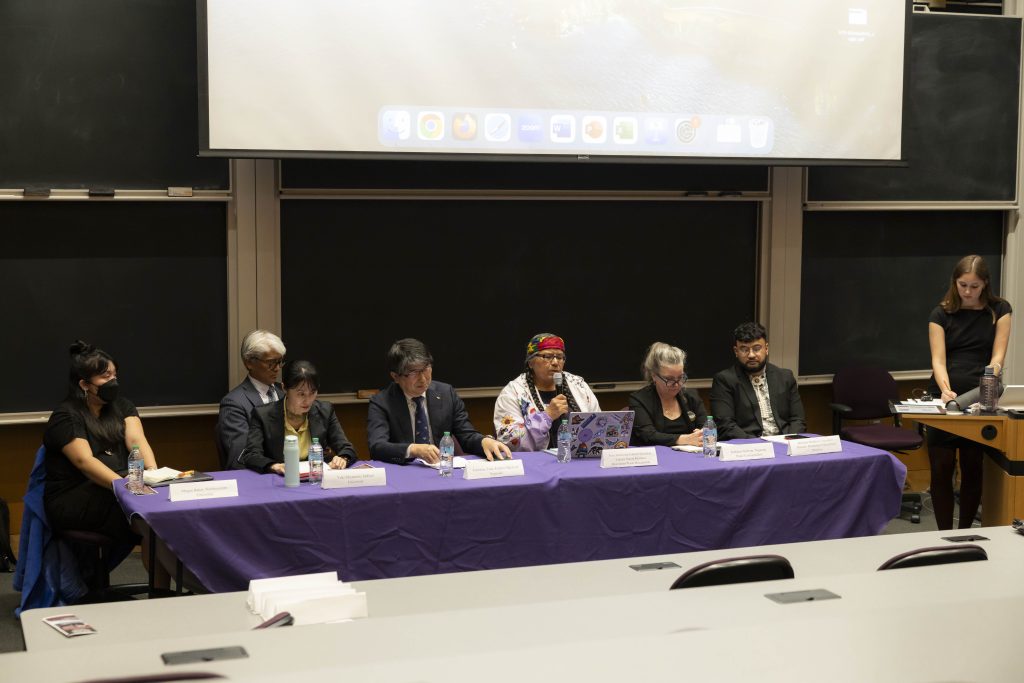
From Domination to Interconnectedness
By Sophia Heath
The Mapping Nuclear Legacies symposium, ostensibly about nuclear weapons, was genuinely about something much deeper: the human cost of nuclear policy and the pressing need to change our relationship with these weapons of mass destruction.
Reflecting Nuclear Legacies: Why Cities?
By Jun Park
A reflection on attending the Mapping Nuclear Legacies Symposium.
Nuclear Policy and Security Panel
By Nalani Saito
In response to the growing risks of nuclear weapons, cities have developed diverse and intersectional approaches to achieving nuclear disarmament in pursuit of inspiring and influencing further action. In this panel, city leaders discussed how the localities they represent develop these approaches.
May 1, 2025
Lecture by Mayor Shiro Suzuki of Nagasaki
- opening remarks by Acting Consul-General Naoya Kishi, Consulate-General of Japan in Chicago, Hiro Miyazaki, Northwestern University, and Pamela Silas, Associate Director, Center for Native American and Indigenous Research
- introduction by Mayor Daniel Biss of Evanston
- response from Jacqueline Cabasso, Mayors for Peace
- response from Matthew Bolton, Pace University
- response from Denise Duffield, Back from the Brink
- response from Cultural Specialist Trina Sherwood of Yakama Nation Resource Restoration/Waste Management
This August marks the 80th anniversary of the bombings of Hiroshima and Nagasaki, events that underscore the need for continued efforts toward peace. Mayor Shiro Suzuki of Nagasaki is a leader on this front, advocating for nuclear disarmament and the promotion of global peace. This lecture explored moving away from the culture of distrust between citizens and local governments, and towards the culture of peace—where peace is put into practice and integrated in daily life. This discussion recognizes the delicate balance between advocating specifically for the elimination of nuclear weapons and the broader pursuit of peace. It also highlights the sister-city relationship between Saint Paul, MN and Nagasaki, along with their subsequent peace-promoting practices.
May 2, 2025
Nuclear policy and security: the role of cities
Guest Panel:
- Mayor Shiro Suzuki of Nagasaki
- Mayor Daniel Biss of Evanston
- Alderwoman Maria Hadden of Chicago
- Milwaukee County Supervisor Steven Shea
- Seth Shelden, International Campaign to Abolish Nuclear Weapons
- President and CEO Alexandra Bell of the Bulletin of the Atomic Scientists
The risk of nuclear war is higher than ever, driven by the war in Ukraine, conflict in the Middle East, expansion of nuclear development, and advancements in AI. Nuclear weapons are an international security concern. But federal governments aren’t the only ones driving the movement towards nuclear disarmament. Nuclear weapons have directly impacted civilians, and cities, communities, towns and states have been uniquely shaped by legacies of nuclear testing, development, research, and policy. In response to these “nuclear legacies,” local governments and communities are finding ways to participate in nuclear disarmament discussions, shifting them from hypothetical to actual. As a result, cities have developed diverse and intersectional approaches to achieving nuclear disarmament—approaches that are crucial to inspiring and influencing further action. This panel discussed how localities are engaging with and responding to nuclear legacies.
Intergenerational Nuclear Justice
Guest Panel:
- Executive Director Benetick Maddison of Marshallese Educational Initiative
- Cultural Specialist Trina Sherwood of Yakama Nation Resource Restoration/Waste Management
- Nagasaki Peace Correspondent Kathleen Sullivan
- former Mayor Tomihisa Taue of Nagasaki
- Yuki Miyamoto, DePaul University
- Megan Baker, Northwestern University
The development of nuclear weapons is an intersectional issue with real environmental, public health, social justice, and economic consequences. The legacy of nuclear development, testing, and use presents unique social justice concerns, as it has disproportionately affected marginalized communities, causing extreme and often unrecognized harms to Marshall Islanders and Native communities. This panel discussed local efforts, concerns, and experiences to elevate nuclear justice efforts focused on recognizing, remembering, and repairing past and ongoing harms from nuclear weapons development.
Symposium is funded by the Carnegie Corporation of New York and Northwestern University
Speakers
R6.7~-1-edited-225x300.jpg)
Mayor Shiro Suzuki of Nagasaki
A native of the city for which Suzuki Shiro now serves as mayor, Suzuki graduated from the University of Tokyo Faculty of Law before continuing his education abroad. He holds graduate degrees from the London School of Economics and Political Science, the George Washington University Law School, and the Fletcher School of Law and Diplomacy at Tufts University. Suzuki began his career in public service in April 1991 at the Ministry of Transport, now known as the Ministry of Land, Infrastructure, Transport and Tourism. Over the next three decades, Suzuki held a number of key positions in various agencies, including stints at the Cabinet Office’s International Peace Cooperation Headquarters, the Japan Tourism Agency, and the Japan Coast Guard. His last post before moving to local government was as head of the Kyushu District Transport Bureau. Suzuki was elected Mayor of Nagasaki in April 2023. He brings a wealth of experience in public administration, diplomacy, and regional development.
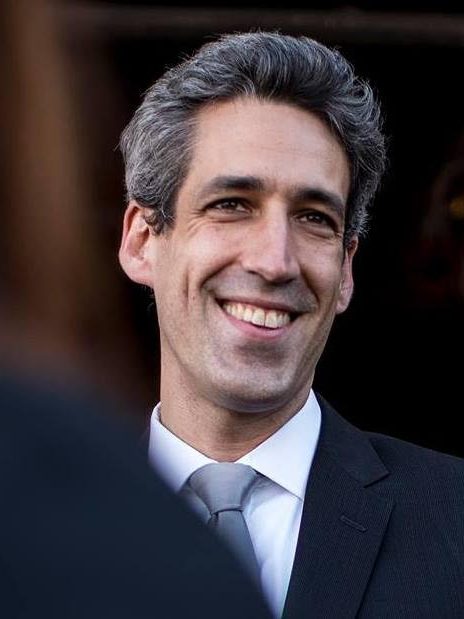
Mayor Daniel Biss of Evanston
Daniel Biss is mayor of Evanston, Illinois. He began his career as a mathematics professor at the University of Chicago before becoming an organizer and then elected official, serving as a member of the Illinois House and Senate for eight years.
Daniel’s public service has consistently featured cutting-edge initiatives to advance social, racial, and economic justice and political reform. He has earned numerous recognitions for his work, including the Alzheimer’s Association Illinois Legislator of the Year award, the Richard J. Phelan Profile in Courage Award from Planned Parenthood Illinois Action, and designation as one of Crain’s Chicago 40 Under 40.
Daniel received an AB summa cum laude from Harvard and a PhD in mathematics from MIT. lives with his wife Karin, who teaches humanities and social science at National Louis University, and their two children.
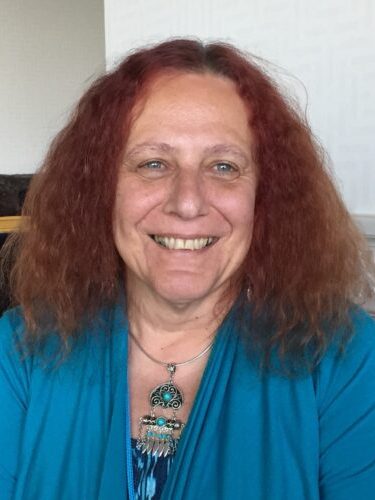
Jacqueline Cabasso, Mayors for Peace
Jackie Cabasso has been involved in nuclear disarmament, peace, and environmental advocacy locally, nationally, and internationally for more than four decades. She has served as Executive Director of Western States Legal Foundation, a nuclear disarmament advocacy organization in Oakland, California, since 1984, and was a “founding mother” of the Abolition 2000 Global Network to Eliminate Nuclear Weapons in 1995. Since 2007, she has served as an Executive
Advisor to the Hiroshima Peace Culture Foundation and North American Coordinator for Mayors for Peace. She also serves as National Co-convener for United for Peace and Justice and is a member of the Steering Committee of the Back from the Brink campaign. Ms. Cabasso frequently writes for WSLF and travels widely, speaking at conferences and rallies, and meeting with organizers across the U.S. and around the world. She received the International Peace Bureau’s 2008 Sean MacBride Peace Award, and the Agape Foundation’s 2009 Enduring Visionary Prize.
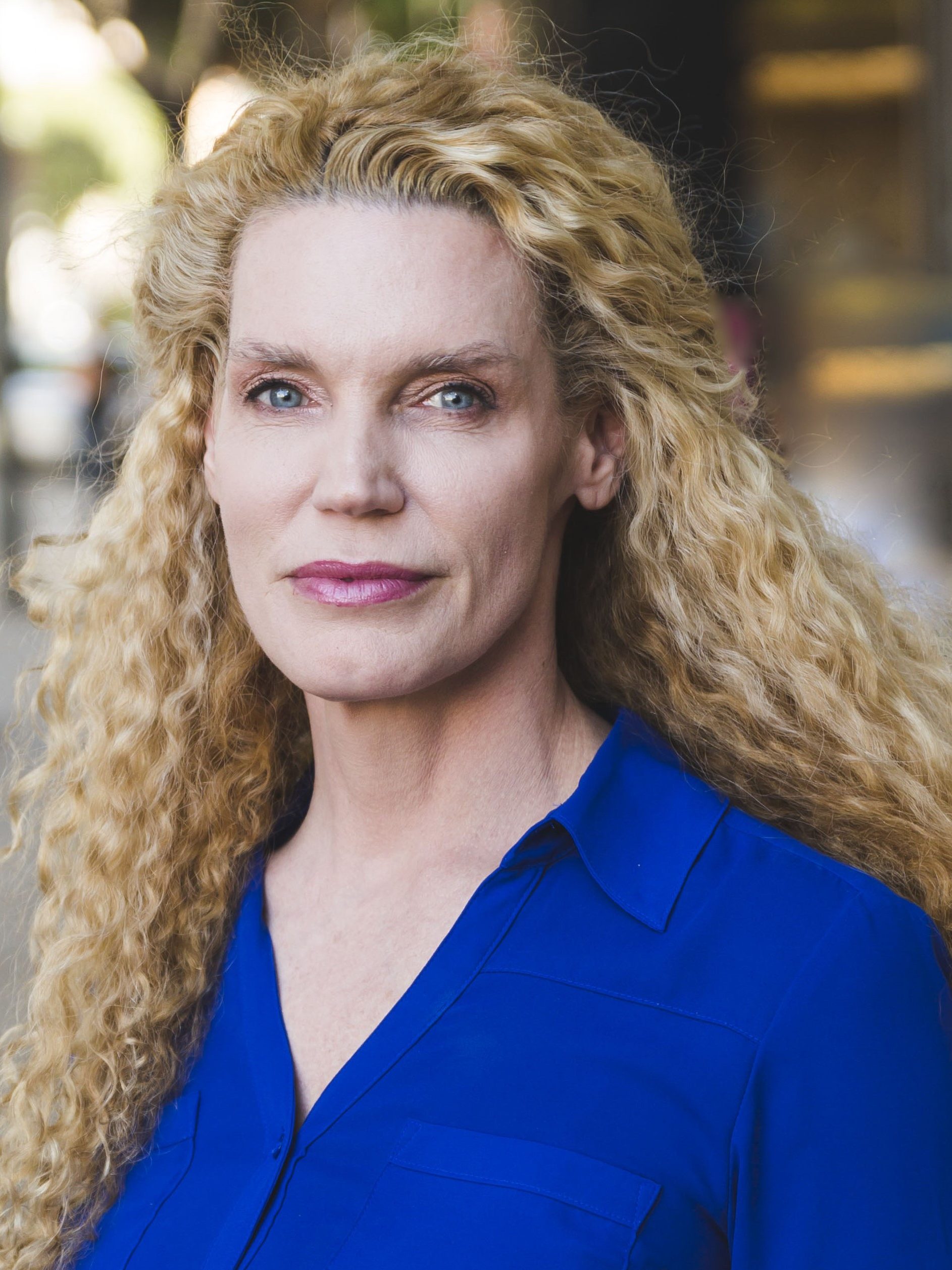
Denise Duffield, Back from the Brink
Denise Duffield serves as Associate Director of Physicians for Social Responsibility-Los Angeles (PSR-LA) and directs its Nuclear Threats program, which advocates for nuclear disarmament and policies that prevent exposure to radioactive waste and contamination. She is Co-Manager of Back from the Brink: Bringing Communities Together to Abolish Nuclear Weapons, a grassroots coalition of individuals, organizations and elected officials engaged in a national campaign to mobilize the U.S. public and build the political will needed to eliminate nuclear weapons. Denise led efforts for the City of Los Angeles and California State legislature to adopt Back from the Brink resolutions. She also leads PSR-LA’s efforts to fully clean up the Santa Susana Field Laboratory (SSFL), a contaminated nuclear site near Los Angeles. Denise represents PSR-LA in the Alliance for Nuclear Accountability, a national network of organizations formed by communities in the shadow of nuclear weapons facilities.
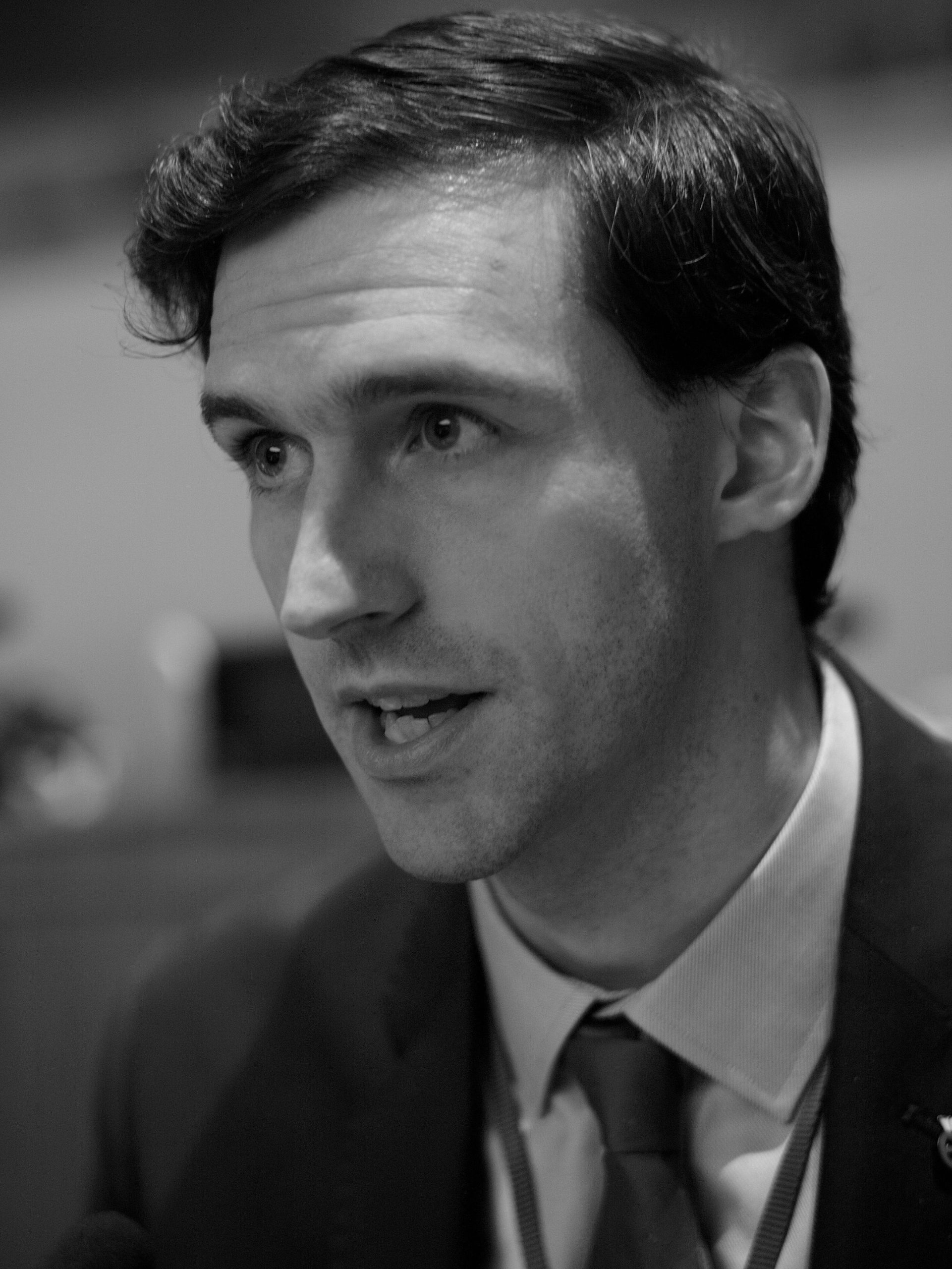
Matthew Bolton, Pace University
Dr. Matthew Breay Bolton is professor of political science at Pace University, New York City where he teaches classes in international relations and environmental politics. Bolton was part of the International Campaign to Abolish Nuclear Weapons (ICAN) team awarded the 2017 Nobel Peace Prize. He has worked for more than 20 years with UN and NGO efforts addressing the environmental impacts of weapons. His field research has highlighted the concerns of communities affected by nuclear testing in the Marshall Islands, Kiribati, Maohi Nui/French Polynesia, Fiji and Cook Islands. Earlier work investigated the political economy of landmine and cluster munition clearance in Afghanistan, Bosnia, Cambodia, Laos, South Sudan and Vietnam. In 2023, Bolton was appointed by NYC Council Speaker Adrienne Adams to the city’s Nuclear Weapons Free Zone Advisory Committee. He has published six books, including Political Minefields and Imagining Disarmament. Bolton has a PhD and Master’s from the London School of Economics and is currently enrolled in a Master’s at SUNY Environmental Science and Forestry. He has been awarded honorary doctorates by Middlebury College and Graceland University.
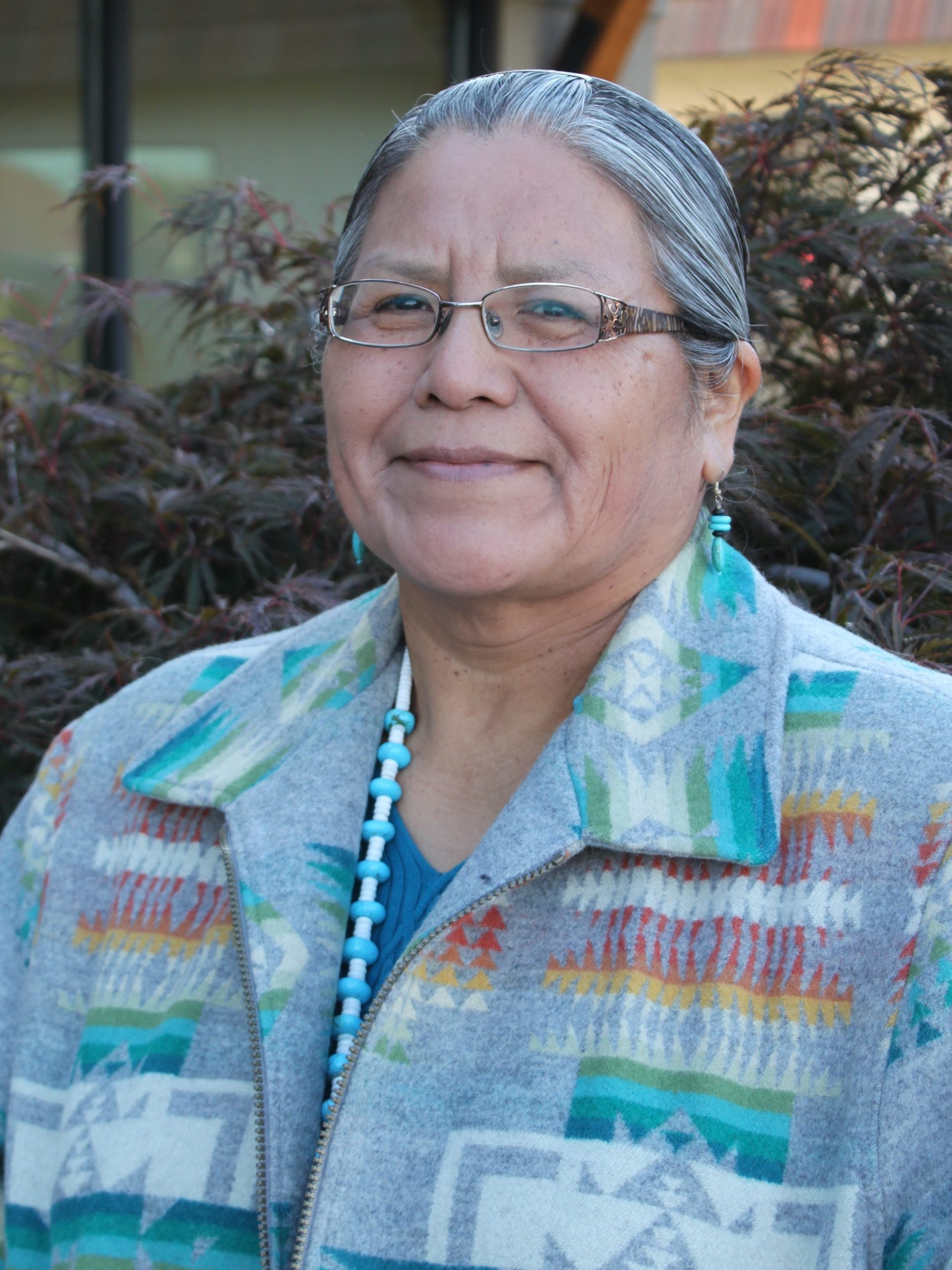
Cultural Specialist Trina Sherwood of Yakama Nation Resource Restoration/Waste Management
I was born in Goldendale, WA to Moses Dick, Sr. & Elsie Billy Dick, religious leaders of the community. I am enrolled with Yakama Nation. I graduated from Toppenish High School and Trend Business College. I completed Yakama language classes at Heritage University and Salish Kootenai College. I was administrative assistant for the Late Russel Kiáux Jim, founder of our program, eloquent speaker and advocate for the Hanford Cleanup. I was promoted to my current position in 2017. My work details: Tribal Monitor of ancestral lands; Keeper of the culturally sensitive documents (site forms; MOAs, PAs, etc.); Attend meetings with DOE-FO; DOE-BPA; DOE-PNSO; HNRTC (Aquatic /Terrestrial groups); NPS; DOE-Tribal Affairs; ERCO (Umtanum Desert Buckwheat, White Bluffs Bladderpod); Elder Ethnographic Interviews (Transcription); ALE-Elk Hunt & Food Gathering Groups; STEM activities. I am a matriarch/land steward, beadworker, basket weaver, longhouse member, mother, and speaker on behalf of those cultural resources/landscapes that cannot speak for themselves and those yet unborn.
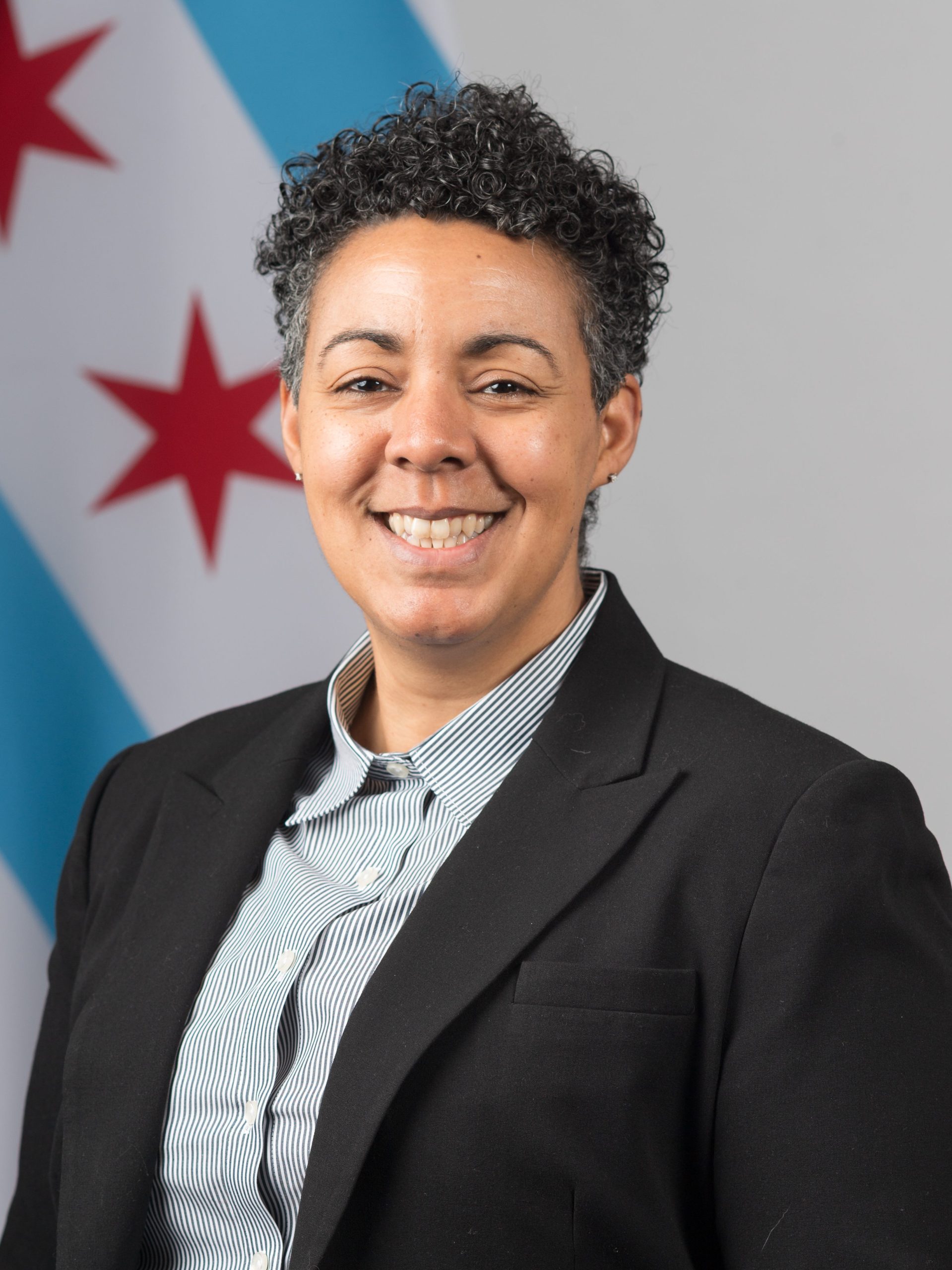
Alderwoman Maria Hadden of Chicago
Alderwoman Maria Hadden is servant-leader with a background in community organizing and participatory democracy. She is the first Black, queer woman elected to Chicago City Council and is an independent, progressive champion of the people. She represents Chicago’s 49th Ward which includes the Rogers Park and West Ridge neighborhoods. Maria serves as the Co-Chair of the Progressive Caucus and is the Chairwoman of the Committee on Environmental Protection and Energy. She is also a member of both the Aldermanic Black Caucus, Women’s Caucus and the LGBTQ Caucus – the nation’s largest. Maria lives in Rogers Park with her wife Natalia and their two dogs, Finn and Lola.
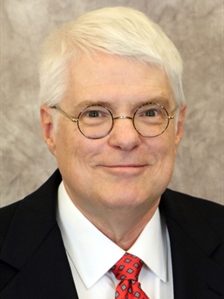
Milwaukee County Supervisor Steven Shea
Steven Shea was first elected to the Milwaukee County Board’s 8th District in the Spring 2018 nonpartisan election. He is now serving in his second term. The District covers the entire cities of Saint Francis, Cudahy, and South Milwaukee.
Supervisor Shea was elected 2nd Vice-Chair of the Milwaukee County Board for the 2020-2022 term.
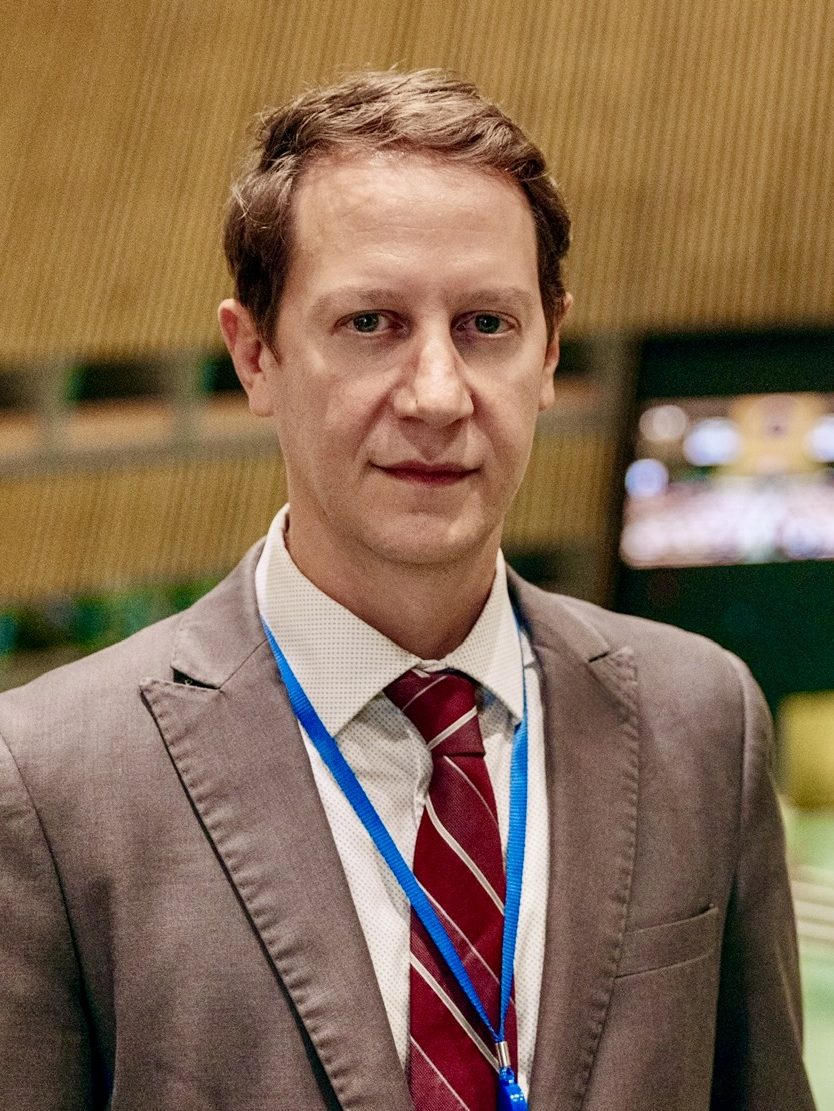
Seth Shelden, International Campaign to Abolish Nuclear Weapons
Seth Shelden is General Counsel and United Nations Liaison for the International Campaign to Abolish Nuclear Weapons (ICAN), the 2017 Nobel Peace Prize Laureate working to prohibit and eliminate nuclear weapons. His work focuses on promoting the universalisation and implementation of the Treaty on the Prohibition of Nuclear Weapons (TPNW). He has a background as a lawyer and law professor, and also serves on the Board of Directors for the Lawyers Committee on Nuclear Policy.
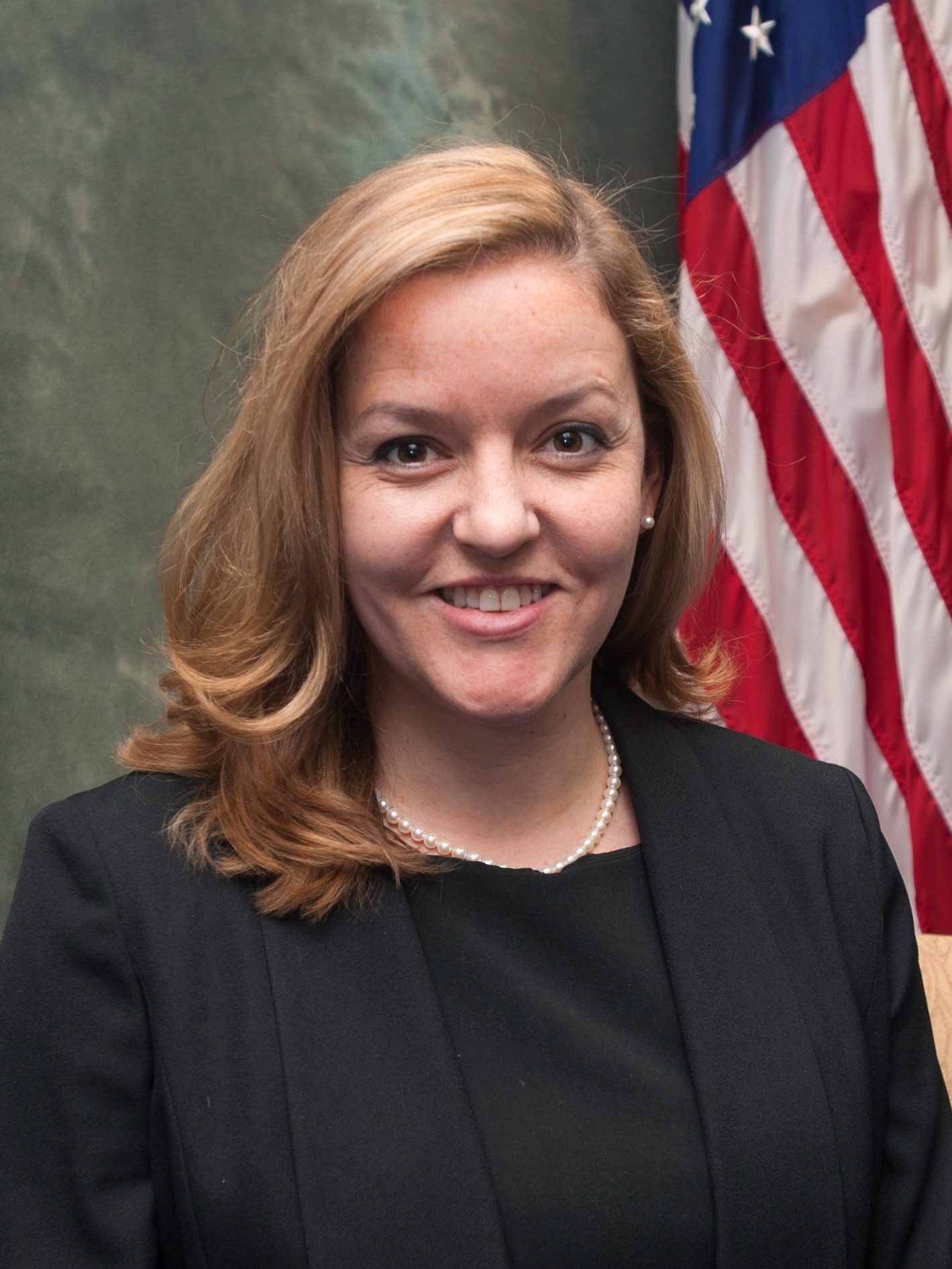
President and CEO Alexandra Bell of the Bulletin of the Atomic Scientists
Bell is the president and CEO of the Bulletin of the Atomic Scientists. A nuclear policy expert and former diplomat, she oversees the Bulletin‘s publishing programs, management of the Doomsday Clock, and a growing set of activities around nuclear risk, climate change, and disruptive technologies. Before joining the Bulletin, Alexandra Bell served as the Deputy Assistant Secretary for Nuclear Affairs in the Bureau of Arms Control, Deterrence, and Stability (ADS) at the U.S. Department of State. Previously, she has worked at the Center for Arms Control and Non-Proliferation and the Council for a Livable World, Ploughshares Fund, and the Center for American Progress. Bell received a master’s degree in International Affairs from the New School and a bachelor’s degree in Peace, War and Defense from the University of North Carolina at Chapel Hill. From 2001-2003, she was a Peace Corps Volunteer in Saint Elizabeth, Jamaica. Bell is a Member of the Council on Foreign Relations.
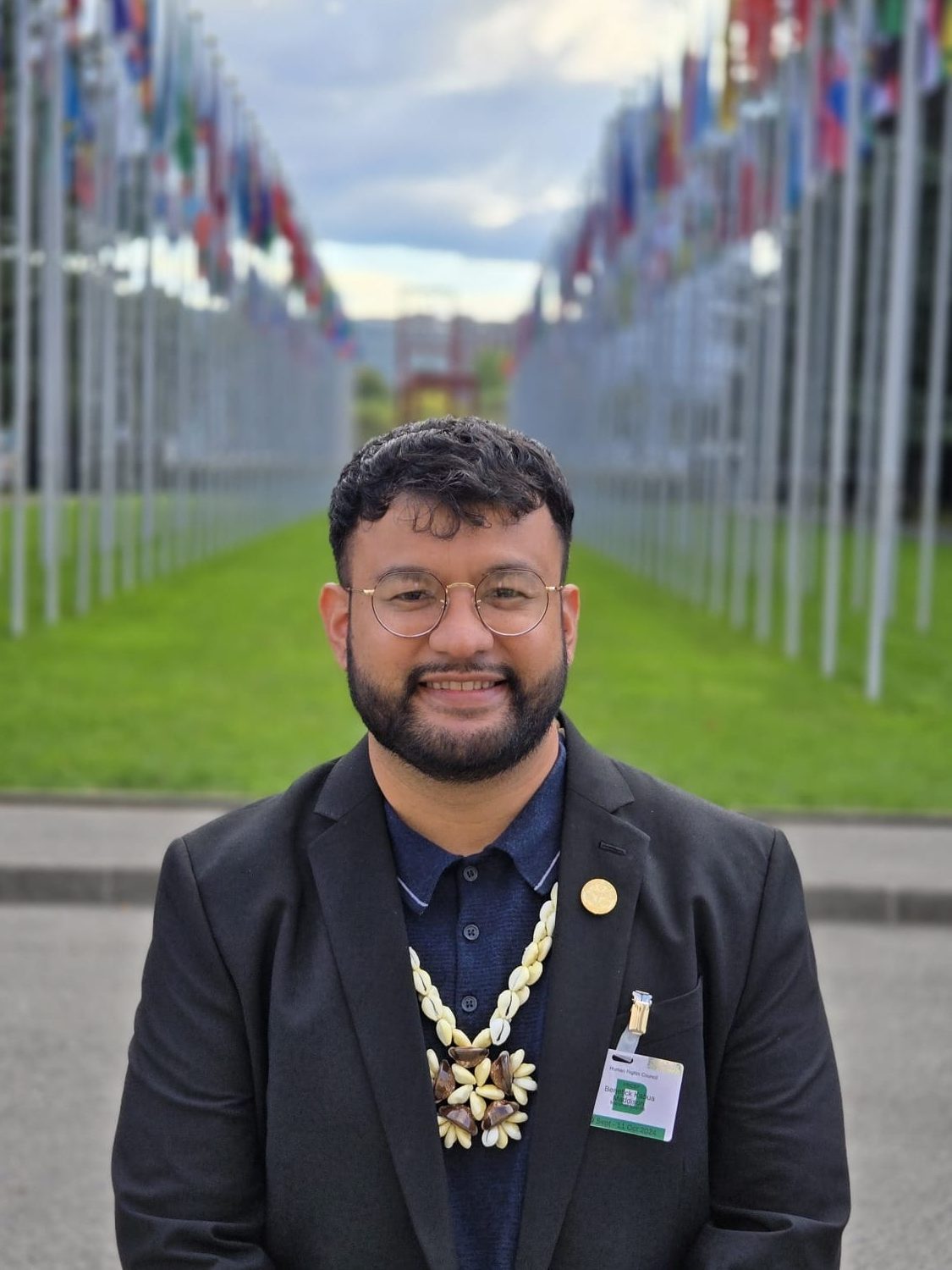
Executive Director Benetick Maddison of Marshallese Educational Initiative
Benetick Kabua Maddison serves as the Executive Director of the Marshallese Educational Initiative (MEI), a 501(c)(3) nonprofit organization based in Springdale, Arkansas, where the largest concentration of Marshallese resides. Maddison migrated to the United States from Majuro, Marshall Islands, at age six, partly due to the threat of rising seas. Maddison first worked at MEI in 2014, collecting and translating Marshallese oral histories in Arkansas and leading educational efforts to improve educational attainment levels among his peers. He rejoined MEI in 2019, where he led efforts to raise awareness of nuclear and climate issues. Maddison was named Executive Director at the nonprofit in 2022, where he leads efforts to raise awareness about the multifaceted consequences of nuclear testing that have left an indelible mark on his homeland.
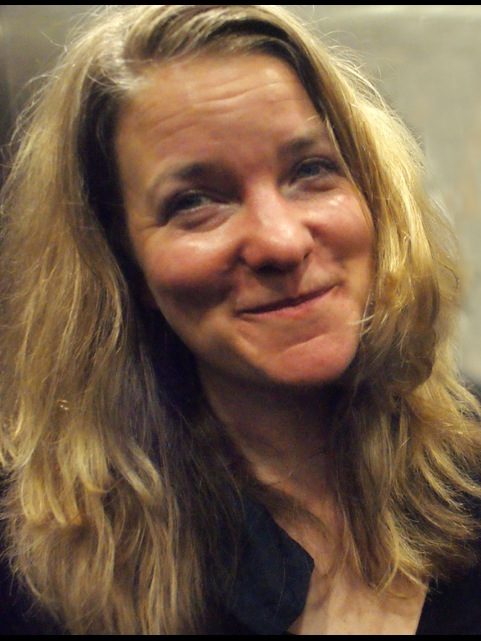
Nagasaki Peace Correspondent Kathleen Sullivan
Kathleen Sullivan, PhD, has been engaged in the nuclear issue for more than 35 years, and has worked internationally as an educator for disarmament. She is the Director of Hibakusha Stories, an arts-based initiative that has brought atomic bomb survivors into the lives of some 45,000 New York City High Schools students. As an education consultant to the United Nations Office for Disarmament Affairs, she developed the disarmament education web portal for the UN’s Cyberschoolbus website and co-wrote Action for Disarmament: 10 Things You Can Do! (2014), translated into Japanese and Korean. Kathleen has produced documentaries and art forward films on nuclear issues: The Last Atomic Bomb & The Ultimate Wish: Ending the Nuclear Age; also projects that focus on art for disarmament — utilizing visual arts, music and dance: The Nuclear Age in Six Movements, The Hiroshima Panels Project and If You Love This Planet. She has supported the facilitation of hibakusha voices in conferences and UN fora on the humanitarian consequences of nuclear weapons. Her most current work is as co-chair of the Nuclear Truth Project, an international initiative connecting Indigenous and First Nations Peoples, affected community members, international and civil society organizations, experts and governments working for nuclear abolition. Kathleen is a Hiroshima Peace Ambassador and a Nagasaki Peace Corespondent. She lives in Brooklyn, New York.

Former Mayor Tomihisa Taue of Nagasaki
A graduate of the Kyushu University Faculty of Law, Taue Tomihisa began his career in public service with a deep commitment to regional development. At Nagasaki City Hall Taue held key positions, including head of the Tourism Bureau and head of the Statistics Bureau. In April 2007, he was elected the 32nd mayor of Nagasaki City. During his 16 years in office—four terms—Taue provided steady leadership and became a respected voice in regional and international peace efforts. Taue served as president of the Kyushu Mayors Association, president of the National Council of Japan Nuclear Free Local Authorities, and vice president of Mayors for Peace. After retiring from public office in April 2023, he has remained active in civic and cultural initiatives, including the restoration of Seifukuji Temple, a designated important cultural property in the city of Nagasaki.
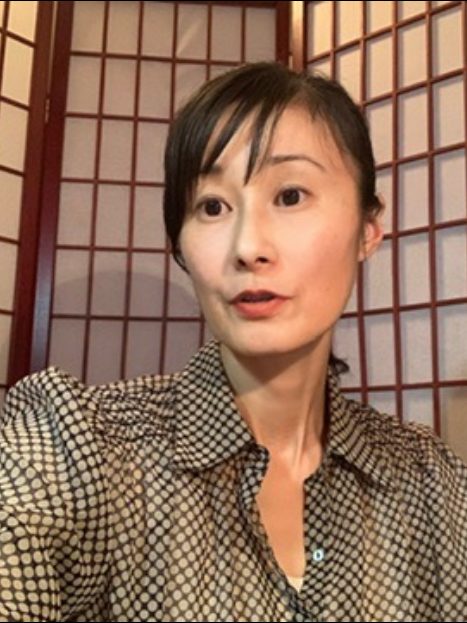
Yuki Miyamoto, DePaul University
Since earning her Ph.D. (the University of Chicago), Miyamoto has been teaching nuclear ethics and environmental ethics at DePaul University. Her works include monographs, Beyond the Mushroom Cloud (2011), naze genbakuga aku dewa nainoka (2020), A World Otherwise (2021), translation of The Hanford Plaintiffs (2022), and several articles on nuclear discourse. She has led the study abroad program, taking her students to Hiroshima and Nagasaki biannually since 2005. She was appointed as Nagasaki Peace Correspondent in 2010 and Hiroshima Peace Ambassador in 2011.
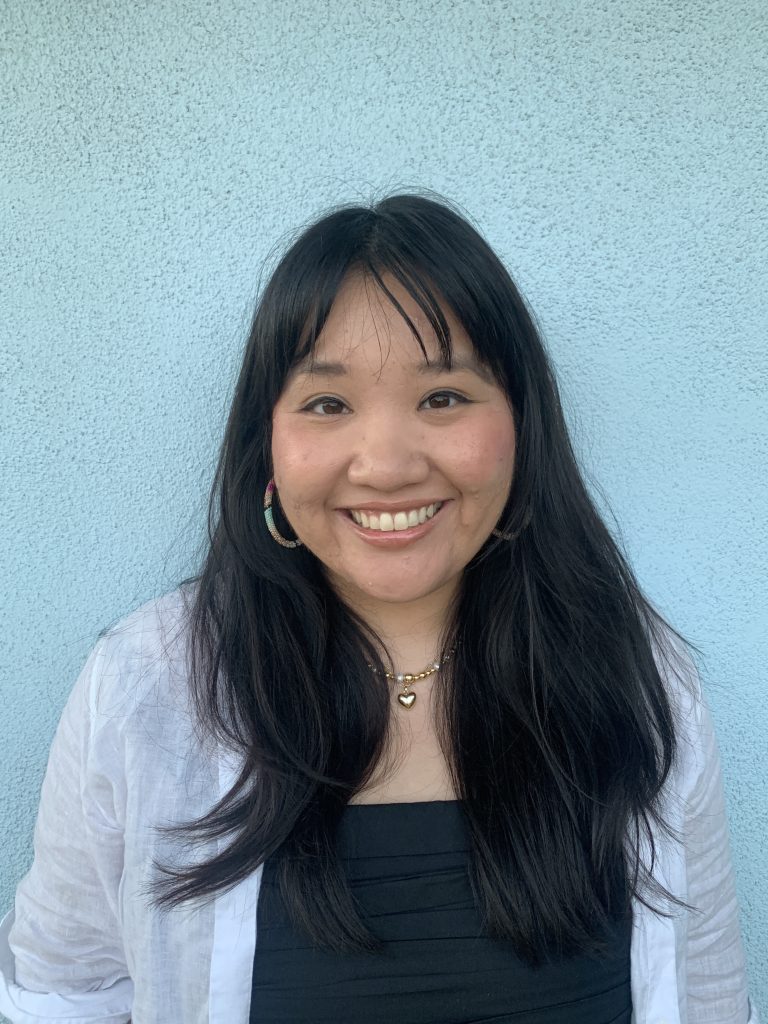
Megan Baker, Northwestern University
Megan Baker is a sociocultural anthropologist and historian working in Native North America. Her ethnographic research examines how American Indian communities navigate land dispossession in today’s era of political and economic resurgence due to American Indian economic development. She is broadly interested in the intersections of Indigenous sovereignty, race, economy, and history of anthropology in North America. While completing her PhD, Megan worked as a Cultural Research Associate for the Choctaw Nation of Oklahoma’s Historic Preservation department where she worked on projects involving tribal law, community-engaged research, exhibition curation, collections research, archival legal research, public history, NAGPRA, and revitalizing traditional arts like textiles and rivercane basketry. She is an enrolled citizen of the Choctaw Nation of Oklahoma.
